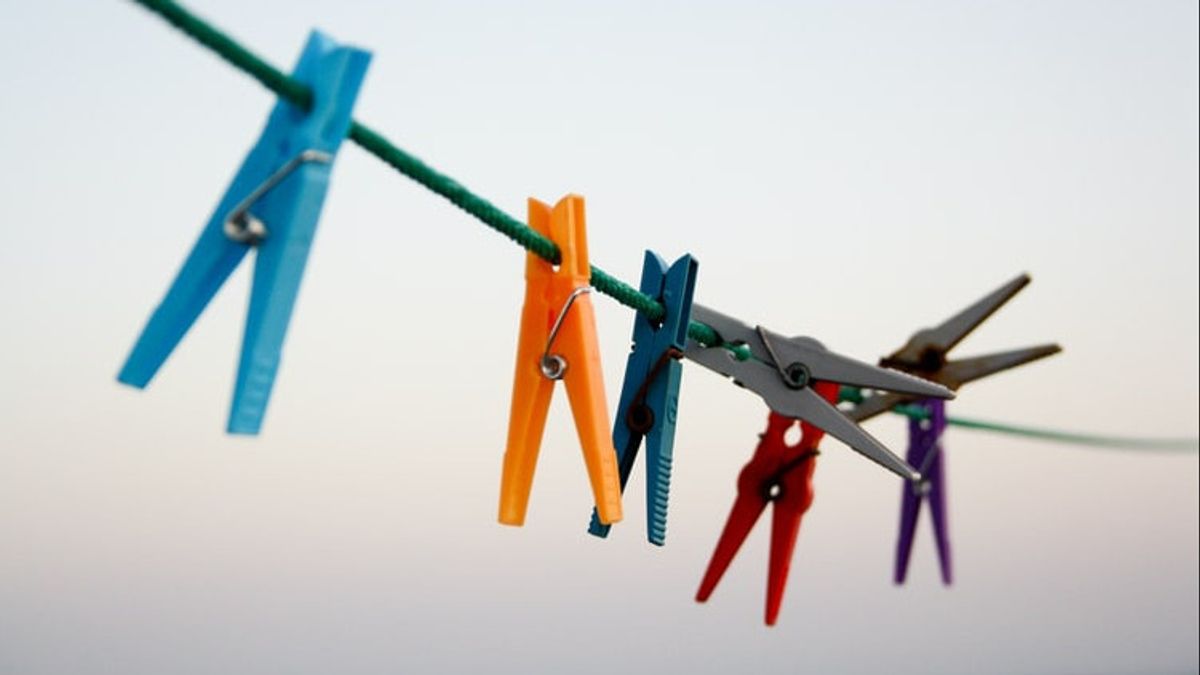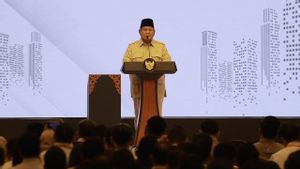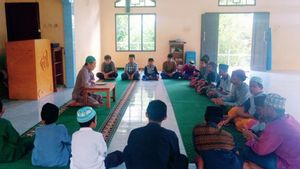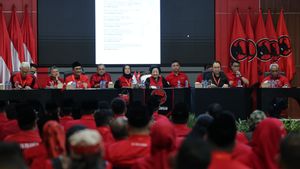JAKARTA - In Indonesia, it is common to see many residents hanging rows of clotheslines in front of their houses. Apart from not having many dryers, drying clothes is considered more efficient. But what if drying clothes is against the law?
Hundreds of thousands of people across Cascadia and tens of millions across the United States (US) are known to live where the home ownership association (HOA) enforces a ban on installing clotheslines. People usually dry their washed clothes in the sun to save money, extend the life of the clothes, and avoid pollution.
Citing Sightline, Tuesday, December 8, a “right to dry” movement has sprung up and won laws (UU) in six states --that is Florida, Colorado, Hawaii, Maine, Maryland, and Vermont - to overturn this ban. . Meanwhile, in 13 other states, existing sun access laws appear to protect people drying their clothes using the sun's rays.
However, there are 19 states that still have bans on drying clothes in the community rule books, even though they have Solar Laws. It is possible that millions of residents do not know that they already have the right to dry clothes by drying them in the sun thanks to the Law on the Use of Solar Energy.
Many of these laws have existed since the 1970s. The vague amendments to the State Property Law also barely fall into the category of public knowledge.
The Solar Access Act in Arizona, California, Illinois, Indiana, Louisiana, Massachusetts, Nevada, New Mexico, North Carolina, Texas, Virginia, and Wisconsin all define a home owner's right to install solar energy systems, solar energy devices, and systems to obtain solar energy. Legal terminology varies. But the letter and spirit of this law have one overarching message: homeowners can take advantage of the sun.
Nationally in the US, more than a quarter of a million homeowners' associations govern more than 60 million people. Alexander Lee, a champion of the right-to-dry movement estimates "more than half of the rules limit or prohibit drying."
If true, tens of millions of Americans would be subject to a full or partial drying ban. About 19 states, including the most densely populated ones such as California, Florida, and Texas, have the right to dry law.
These facts combine to show that millions of Americans live under an illegal laundry ban. Because of this, many people now rely on the Law on Access to Solar Power as an excuse to dry clothes.
Those who follow the movement for the right to dry are also expected to be able to raise the courage to dry without fear of breaking the rules because the law is actually on their side. Take a clothesline and laundry basket, tie a rope and hang the laundry.
The English, Chinese, Japanese, Arabic, and French versions are automatically generated by the AI. So there may still be inaccuracies in translating, please always see Indonesian as our main language. (system supported by DigitalSiber.id)













